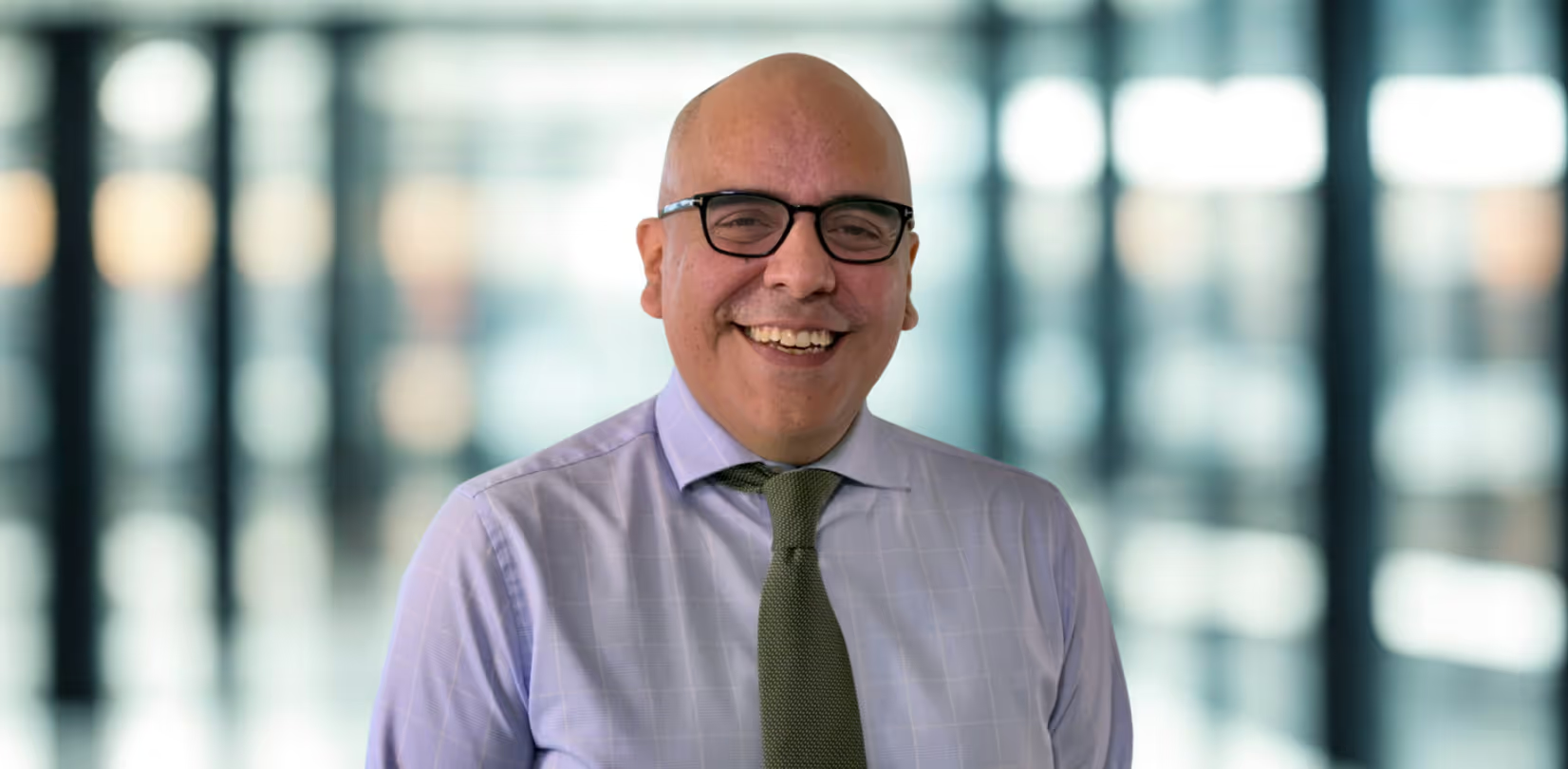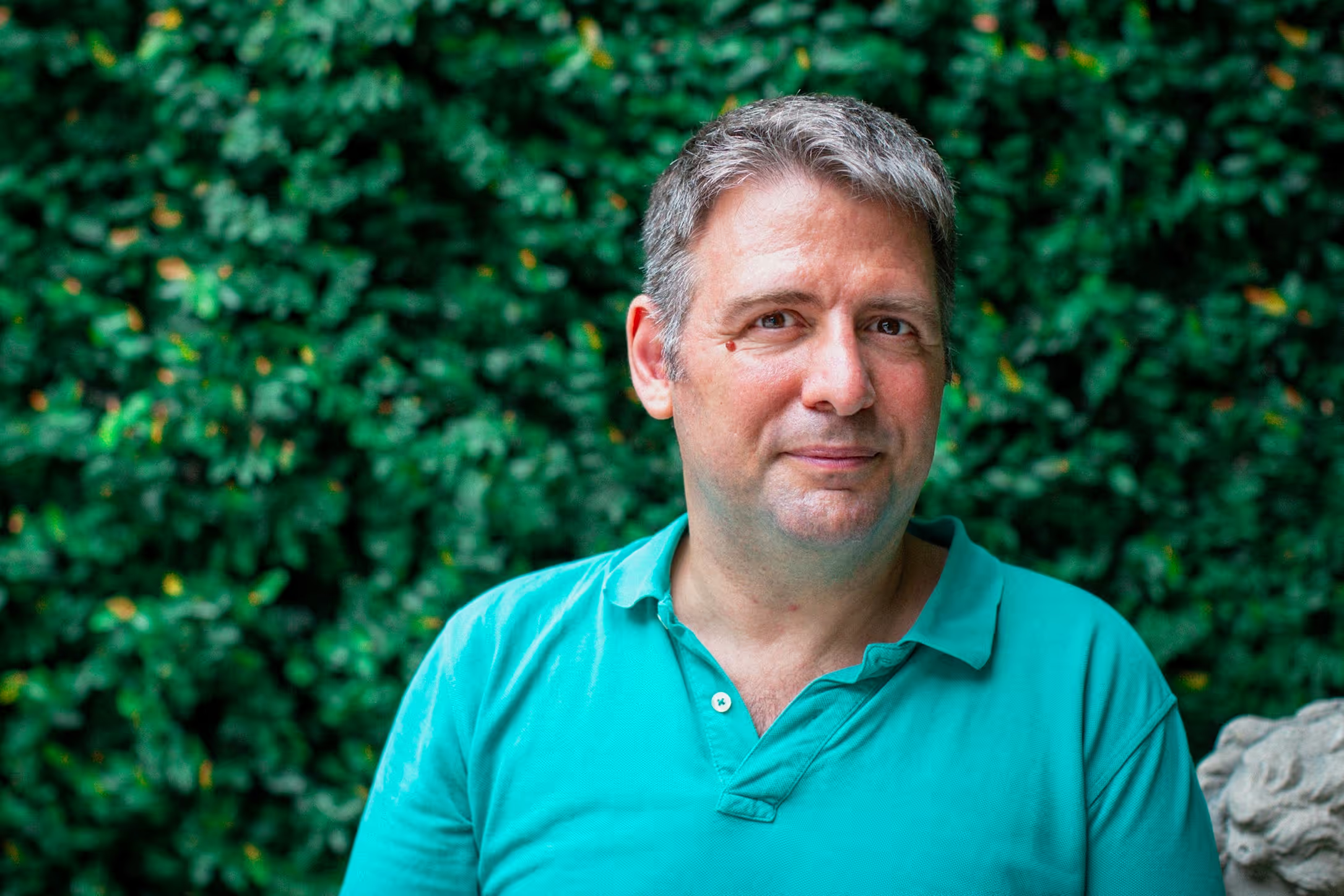
The Great Unlearning: What Made You a Star Employee is Holding Back Your Entrepreneurial Hustle
From corporate structure to entrepreneurial freedom, unlearn the habits holding you back from building a successful business.
For many of us, the path to a professional career is a linear one. We are conditioned to follow a predefined roadmap: excel in academia, secure a role at a reputable company, and then climb the corporate ladder. In this ecosystem, a specific type of excellence is rewarded. We are praised for our ability to follow processes, adhere to established best practices, and deliver consistent, predictable results within well-defined structures. For decades, this model has served as the unquestioned gold standard for success.
But what happens when you decide to leave that world behind? When you trade the comfort of a steady paycheck for the exhilarating, terrifying autonomy of building something from scratch? The prevailing wisdom says to "hustle", to work tirelessly, to push through obstacles, and to make your idea a reality. But what if the first step isn’t about action, but about a profound psychological and intellectual unlearning? What if the very habits and mindsets that made you an excellent employee are precisely the ones that will prevent you from being a great entrepreneur?
What if the very habits and mindsets that made you an excellent employee are precisely the ones that will prevent you from being a great entrepreneur?
This is a question that cuts to the core of the entrepreneurial journey. The truth is, the mental operating system of a corporate professional is fundamentally different from that of a founder. The transition is not merely a change in title; it's a deep, personal metamorphosis that requires the conscious shedding of old habits and the deliberate cultivation of new ones.
The Chasm Between Predictability and the Unknown
The traditional work environment is a place of structured predictability. Success is often found by relying on what is known and what has been proven to work. You are handed a clear assignment, a process to follow, and a benchmark for success. In this world, the ability to replicate and refine is a prized skill. The belief that one "knows better" because they have access to "best practices" or are simply "smarter" than others is a deeply ingrained part of this corporate game.
The world of the entrepreneur, in stark contrast, is what one founder has described as the "jungle." It is a chaotic, uncharted territory where every situation is new and unexpected. Here, there are no predefined processes or best practices to lean on. The knowledge you trusted in "civilization", the corporate world, can even become a burden, acting as a mental anchor in a sea of ambiguity. The journey is not about following a map, but about "observing and finding your way through" the mess.
The world of the entrepreneur, in stark contrast, is what one founder has described as the "jungle."
The most fundamental skill for navigating this landscape is a concept known as "meta-learning", the ability to learn how to learn. It is the awareness of what you don't know and the curiosity to acquire that knowledge. Entrepreneurship demands shedding the deeply ingrained belief that your ideas are the sole solution, or that a brilliant concept alone will attract customers. It is about unlearning the notion that external validation is the key to success and instead building the inner psychological tools to succeed on your own terms.
The most fundamental skill for navigating this landscape is a concept known as "meta-learning", the ability to learn how to learn.
The Psychology of the Founder: Beyond Knowledge to Inner Work
This profound shift from a structured environment to a chaotic, unknown one requires a new set of psychological muscles.
The first, and arguably most important, is the art of self-awareness. In the corporate world, you can rely on a leader or a team to guide you. As a founder, you are the ultimate captain of the ship. Self-awareness is a "superpower", the ability to understand your own strengths, weaknesses, values, and thought patterns. This allows you to define a business vision that aligns seamlessly with your core beliefs and to make informed decisions about who to bring onto your team to complement your shortcomings. By accessing how your attitudes and behaviours impact those around you, you also cultivate a deeper understanding of the subjective experience of others—the foundation of empathy.
Self-awareness is a "superpower", the ability to understand your own strengths, weaknesses, values, and thought patterns.
This inner work extends to your relationship with failure. For an employee, failure is often punished, leading people to deny it or strive to convince others that it didn't happen. In entrepreneurship, failure is not an obstacle to success, but a crucial stepping stone to innovation. A vast majority of renowned entrepreneurs, including Walt Disney, Henry Ford, and Jeff Bezos, failed in their initial ventures. This is not a coincidence; it is a feature of the process.
In entrepreneurship, failure is not an obstacle to success, but a crucial stepping stone to innovation.
From a neuroscientific perspective, failure is an integral part of the process that compels us to rewire our neural pathways. When we encounter a setback, our prefrontal cortex—the region responsible for decision-making and planning—undergoes a process of neural pruning, strengthening the connections that promote effective decision-making. This experience leads to increased self-awareness and emotional intelligence, enabling you to manage stress and build a deeper understanding of your own coping mechanisms. This phenomenon aligns with the concept of a "growth mindset," where intelligence and ability are seen as traits that can be developed through dedication and hard work (Dweck, 2006).
...failure is an integral part of the process that compels us to rewire our neural pathways.
This resilience is deeply tied to self-efficacy, the belief in one's ability to succeed in specific situations or accomplish a task. As a psychologist, Albert Bandura, has shown, this belief is shaped by several factors, including mastery experiences (past successes), vicarious learning (observing others), and social persuasion (encouragement from peers). In the entrepreneurial context, a high sense of self-efficacy is the engine that drives persistence, the shield that deflects self-doubt, and the compass that guides you through uncharted territory (Bandura, 1977). When you have a strong belief in your own capacity to do it, you are more likely to take calculated risks and bounce back from inevitable setbacks.
When you have a strong belief in your own capacity to do it, you are more likely to take calculated risks and bounce back from inevitable setbacks.
From Transactions to Tribe: The Power of Relationships and Influence
The corporate environment is often defined by transactions. It is a system built on contracts, clear deliverables, and defined processes. Success is measured by hitting targets, and relationships are often secondary to the bottom line. This focus on transactions can become a major blind spot for an entrepreneur.
For a founder, success is built on a "tribe", a supportive network of mentors, collaborators, and advisors who believe in your vision. This is about building relationships, not just transactions, and the foundation of that is trust. As one founder's story illustrates, "ongoing trust and goodwill" are more sustainable pillars for business relationships than the "rigid frameworks of traditional contracts."
For a founder, success is built on a "tribe", a supportive network of mentors, collaborators, and advisors who believe in your vision.
This trust is not merely a handshake. It is a psychological and biological phenomenon. Research suggests that trust triggers the release of oxytocin, a hormone that promotes bonding and cooperation, making it a crucial component for building a positive and productive work environment. The principles of influence are key here, built not on manipulation, but on genuine human connection. As the psychologist Zick Rubin’s Tripartite Model of Liking suggests, we are drawn to people who demonstrate intimacy (emotional closeness), passion (excitement), and commitment (the desire to maintain the relationship) (Rubin, 1973). This is the great unlearning: trading the transactional mindset of a corporate employee for the relationship-first mindset of a true leader.
This is the great unlearning: trading the transactional mindset of a corporate employee for the relationship-first mindset of a true leader.
Beyond building a loyal tribe, an entrepreneur must also master the skill of influence. In corporate life, your position may grant you authority. As a founder, you must earn it. Influence, in the realm of psychology, is the ability to shape thoughts and actions without coercion. It is a strategic asset for securing funding, building partnerships, and attracting and retaining customers. As the prominent behavioural scientist Robert Cialdini has shown, influence is built on core principles such as reciprocity, authority, and consistency (Cialdini, 1984). It is about building credibility through honesty and consistency, listening actively, and demonstrating empathy and expertise. It is a two-way street of mutual respect and understanding.
[Influence]... is about building credibility through honesty and consistency, listening actively, and demonstrating empathy and expertise.
This newfound confidence and ability to influence others is also deeply linked to the willingness to say "no." For many employees, the pressure to please others and avoid conflict can lead to a state of overcommitment and burnout. As an entrepreneur, your time and energy are your scarcest resources. The ability to be assertive, to express your needs and opinions respectfully but directly, is crucial for setting boundaries and protecting the fuel you need for your venture. The psychology of assertiveness is tied to self-esteem and a secure understanding of your personal boundaries. It is a fundamental shift from a "people-pleasing" mindset to a "purpose-driven" one.
The ability to be assertive, to express your needs and opinions respectfully but directly, is crucial for setting boundaries and protecting the fuel you need for your venture.
The Entrepreneurial Self-Efficacy Loop
Ultimately, the entire journey hinges on building entrepreneurial self-efficacy, the belief in your capacity to identify opportunities, manage a venture, and overcome challenges. This is a virtuous cycle:
- You take a risk: You step into the jungle, relying on your curiosity and the awareness of what you don't know.
- You fail and learn: You face a setback, but instead of seeing it as a personal indictment, you analyze what went wrong and strengthen your neural pathways for future decision-making.
- You pivot and succeed: You apply your new knowledge, adapt your approach, and achieve a small win.
- Your self-efficacy grows: This mastery experience reinforces your belief in your abilities, making you more likely to take the next risk.
This is the path to "make it better", the continuous, iterative process of improvement that applies not just to your product, but to yourself.
The prevailing image of a successful entrepreneur is one of non-stop action and tireless hustle. But this article has shown that before you can hustle, you must prepare. What made you an excellent employee was your ability to operate within a given system. What will make you a great entrepreneur is your capacity to build your own system from scratch.
This is the path to "make it better", the continuous, iterative process of improvement that applies not just to your product, but to yourself.
This is a mental and psychological shift from a world of clear, external rules to one of internal, self-governed discipline. It requires unlearning what you thought you knew, embracing failure as a teacher, and building a foundation of self-awareness and trust. The key is to start cultivating these habits long "before the hustle" begins. The journey from employee to entrepreneur is a profound transition of identity. It is a journey of introspection and deliberate practice. The skills that got you here, the ability to follow, to manage, and to operate within a defined box—will not get you there. The next stage of your career requires you to step outside the box, and that journey starts not with your business idea, but with your mindset.
The next stage of your career requires you to step outside the box, and that journey starts not with your business idea, but with your mindset.
References
- Bandura, A. (1977). Self-efficacy: Toward a unifying theory of behavioral change. Psychological Review, 84(2), 191–215.
- Cialdini, R. B. (1984). Influence: The psychology of persuasion. New York: William Morrow.
- Dweck, C. S. (2006). Mindset: The new psychology of success. New York: Random House.
- Palomino, I. Marufuji, H (2024). Step Zero Before the Hustle: How to Prepare Yourself for the Journey of Entrepreneurship
- Rubin, Z. (1973). Liking and loving: An invitation to social psychology. New York: Holt, Rinehart & Winston.
.svg)








